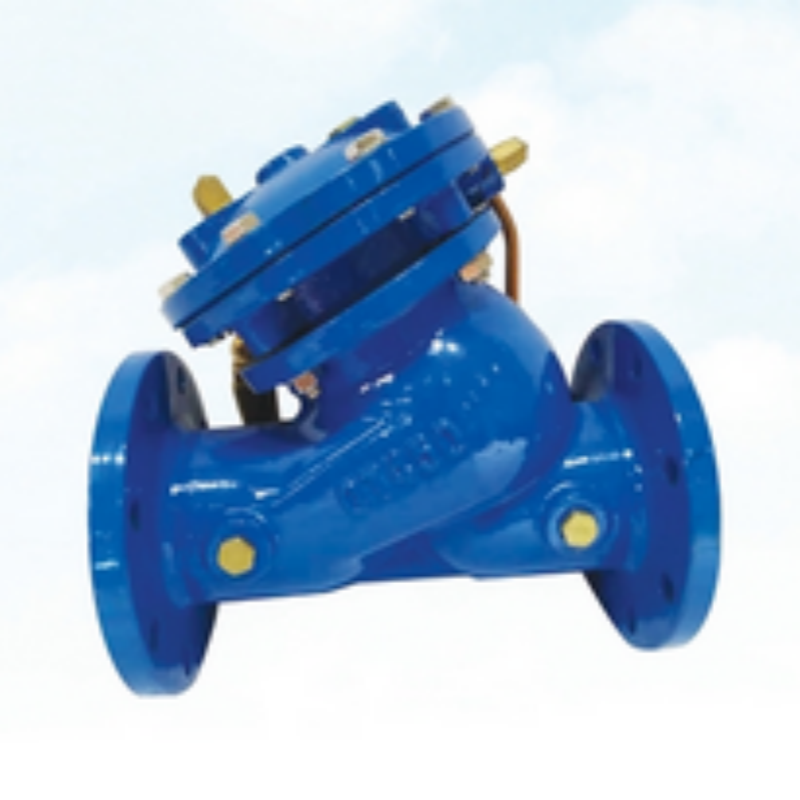Precision starts with the right bore gauge specification. In modern manufacturing, a bore is more than a hole—it’s a promise of fit, function, and longevity. A well-specified bore gauge turns that promise into measurable reality, reducing scrap and boosting productivity across the shop floor.

Key specifications to consider
- Measurement range: Choose a gauge that covers your most common bore sizes. A versatile set may span from about 6 mm to 100 mm, with modular extensions for larger bores.
- Accuracy and tolerance: For general work, look for ±0.01 mm or better. Critical components may demand ±0.001–0.005 mm. Always check the stated measurement uncertainty and how it’s calculated.
- Resolution and repeatability: Resolution to 0.001 mm is typical for premium instruments; repeatability should be within a few thousandths of a millimeter to ensure consistent readings across multiple measurements and operators.
- Type and contact mechanism: Telescoping digital bore gauges offer quick, direct readings; dial or analogue variants deliver tactile feedback. Decide between go/no-go capability for quick pass/fail checks or absolute measurement for in-process control.
- Calibration and traceability: A rigorous calibration schedule with traceability to national or international standards (and a certificate of calibration) protects your process integrity over time.
- Build and materials: Hardened steel bodies, carbide contact points, rust-resistant coatings, and temperature-stable components minimize wear and thermal drift in tough environments.
- Ergonomics and usability: Features such as a ratchet stop to apply uniform measuring force, smooth adjustment, and easy zero-setting reduce operator variability and fatigue.
- Data and connectivity: Digital gauges with optical or electronic readouts, USB/Bluetooth data transfer, and onboard storage streamline SPC workflows and ensure audit trails.
Why it matters on the shop floor
A bore gauge with the right specs translates into faster setup, fewer reworks, and tighter tolerances in production. When measurements are reliable and repeatable, process capability improves, machines run longer between resets, and parts communicate consistently with downstream assemblies.
In choosing your bore gauge, align the specification profile with your process: the range you need, the tolerance you must meet, and the data you require for quality records. If you demand uncompromising reliability, seek instruments that pair robust construction with traceable accuracy and seamless data integration. Your bore gauge is a measuring instrument, but its true value is the confidence it gives your entire manufacturing chain.
Golden AC generator | Filter DN50 | Metal Chain Link Fence | industrial metal supply With multiple core patented technologies and rigorous quality control systems (such as 9001 certification), we have established long-term partnerships with over 300 automotive manufacturers and component suppliers worldwide. Our products are exported to countries such as Europe, America, Southeast Asia, and Africa, with an annual production capacity exceeding 300000 units. We have won market trust with stable delivery and after-sales support.At the core of Storaen (Cangzhou) International Trading Co. portfolio lies its unparalleled expertise in cast iron welding platforms, measuring tools, plug gauges, ring gauges, and valves. These products, crafted with meticulous attention to detail and backed by stringent quality control measures, embody the hallmark of reliability and durability, catering to the diverse needs of industries worldwide.